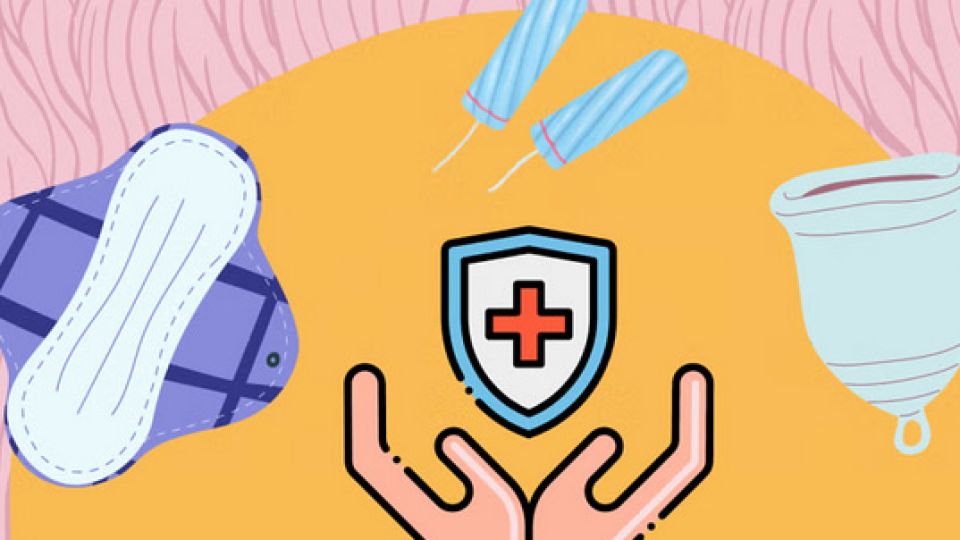May 30, 2024
MANILA – Every year, Menstrual Hygiene Day is a reminder of the critical need to address one of the most pervasive, yet least discussed aspects of girls’ health and empowerment: menstrual health and hygiene. For too long, the topic of menstruation has been shrouded in stigma and misconceptions, leaving girls feeling ashamed and uninformed about their bodies.
In 2016, we published a study and found that girls learn about menstruation through a patchwork of myths and misconceptions from family and friends. Teachers often feel ill-equipped to discuss menstrual health, and the topic is frequently omitted or glossed over in school instruction. This lack of reliable information leaves girls unprepared and vulnerable to the physical and emotional challenges of menstruation. The lack of awareness among boys and men about menstruation often perpetuates teasing and stigma, creating an environment where girls feel unsupported and embarrassed.
Education plays a pivotal role in ending this cycle. Understanding menstruation is essential for girls to grasp their body changes, maintain overall well-being, and empower them with knowledge about fertility and reproductive health. Educating adolescent girls about menstruation ensures they can manage their periods confidently, enabling them to make informed choices about their bodies and fostering a healthy transition into womanhood.
Unicef is dedicated to empowering girls with the knowledge and confidence they need to manage their menstrual health with dignity and pride. We are supporting the #MeronAko campaign, an initiative led by the Department of Education (DepEd) in collaboration with the Center for Health Solutions and Innovations to reduce the stigma around menstruation through a series of workshops and colorful, adolescent-friendly materials.
Last year, we introduced Oky, a period tracker application designed and created for and with girls in the Philippines. Oky more than tracks menstrual cycles, it delivers accessible, reliable, and engaging information about menstruation and other critical topics for young people, including relationships, mental health, family planning, and child protection. Through fun and creative content, Oky helps demystify menstruation and empowers girls to take control of their health and bodies.
As of May 2024, Oky has reached 74,000 girls aged 10-19. Support from the DepEd, the Ministry of Basic, Higher, and Technical Education in BARMM, the Department of Health, the National Youth Commission (NYC), and the Commission on Population facilitated roll-outs and integration into services. We want to help every girl in the Philippines access this application.
Providing adolescent-friendly tools is a foundational step toward creating a world where girls and boys can talk about menstruation without shame. I remember girls proudly waving copies of the information booklet on menstruation that Unicef produced, saying that they now have the knowledge that they should have learned prior to their menarche. A couple of boys soon joined us and expressed that the booklets have enabled them to engage in healthy conversation with girls on menstruation and learned that it is normal and need not be a trigger for teasing and bullying.
Normalizing menstruation and ensuring effective menstrual hygiene management entails that boys understand menstruation and its physiological, psychological, relational, and socioeconomic dimensions. It is critical for fathers like me to be part of, even facilitate, the conversation on menstrual health and hygiene with their children, girls, and boys. Menstruation signifies the beginning of the reproductive journey of girls. In effect, so, too, for boys. Without the involvement of fathers in promoting proper information and practice on menstrual health and hygiene, menstruation will not fully shed the stigma and shame for girls. On the other hand, men and boys’ proper knowledge can create the optimal environment for effective menstrual health and hygiene management.
Through initiatives like these, we have seen significant advancement in policies and plans, with approximately 60 percent of schools now equipped with menstrual health information, education, and communication materials for both teachers and learners as of 2021. There has also been a substantial increase in the provision of emergency sanitary pads and information on proper disposal, with 82.5 percent of schools reporting such provisions in 2021.
In the Philippines, Unicef is calling for more data and evidence on menstrual health to understand the realities of adolescent girls, increasing engagement of the government and the private sector, making manufacturers accountable for plastic materials recovery in sanitary pads, promoting alternative, affordable, and environmentally sustainable menstrual materials, and building the capacity of teachers for creative and interactive approaches to learning delivery on menstrual hygiene.
Jon Michael Villasenor is a water, sanitation, and hygiene officer in Unicef Philippines.


